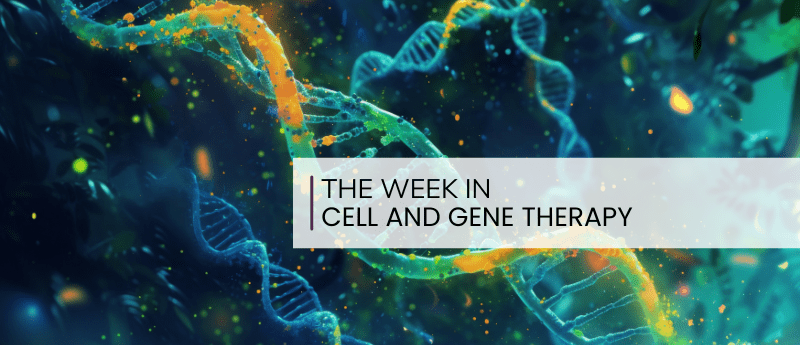Pharmacology
Pharmacology is the branch of medicine and biology that studies the effects, mechanisms, and uses of drugs. It encompasses a broad range of topics related to the interaction between drugs and biological systems. Here are some key areas within pharmacology:
1. Pharmacodynamics
This area focuses on the effects of drugs on the body. It studies how drugs work at the cellular and molecular levels, their mechanisms of action, and the relationship between drug concentration and effect.
2. Pharmacokinetics
Pharmacokinetics deals with the movement of drugs within the body over time. It includes the processes of absorption, distribution, metabolism, and excretion (ADME).
3. Pharmacotherapeutics
This branch examines the use of drugs to treat diseases. It involves the selection of the appropriate drug, dosage, and duration of treatment to achieve optimal therapeutic outcomes.
4. Toxicology
Toxicology studies the harmful effects of drugs and other chemicals. It assesses the risks and mechanisms of toxicity, as well as the treatment of poisoning.
5. Clinical Pharmacology
Clinical pharmacology involves the study of drugs in humans. It bridges the gap between laboratory research and patient care, focusing on the safe and effective use of medications in clinical practice.
6. Neuropharmacology
This subfield focuses on the effects of drugs on the nervous system, including the brain. It studies how drugs influence mood, sensation, thinking, and behavior.
7. Psychopharmacology
Psychopharmacology is the study of the use of medications in treating mental health disorders. It looks at how psychotropic drugs affect mood, perception, and behavior.
8. Pharmacogenomics
Pharmacogenomics explores how an individual's genetic makeup affects their response to drugs. This field aims to develop personalized medicine based on genetic profiles.
9. Ethnopharmacology
Ethnopharmacology investigates the traditional use of plants and other substances in various cultures for medicinal purposes. It often involves studying natural products and their potential therapeutic uses.
Key Concepts in Pharmacology
- Receptors: Proteins that drugs bind to in order to exert their effects.
- Agonists and Antagonists: Agonists activate receptors to produce a biological response, while antagonists block receptors and inhibit a response.
- Dose-Response Relationship: The relationship between the dose of a drug and the magnitude of its effect.
- Therapeutic Index: The ratio between the toxic dose and the therapeutic dose of a drug, indicating its safety margin.
- Side Effects and Adverse Reactions: Unintended effects of drugs that can range from mild to severe.
Applications of Pharmacology
- Drug Development: Pharmacology is crucial in the discovery and development of new medications.
- Clinical Practice: It informs the prescribing practices of healthcare professionals.
- Public Health: Pharmacology contributes to the development of guidelines for the safe and effective use of drugs in populations.
Pharmacology is a dynamic and interdisciplinary field that plays a vital role in advancing healthcare and improving patient outcomes through the development and application of therapeutic drugs.null
Visit Our Website: toppharmaceutical.org



Comments
Post a Comment